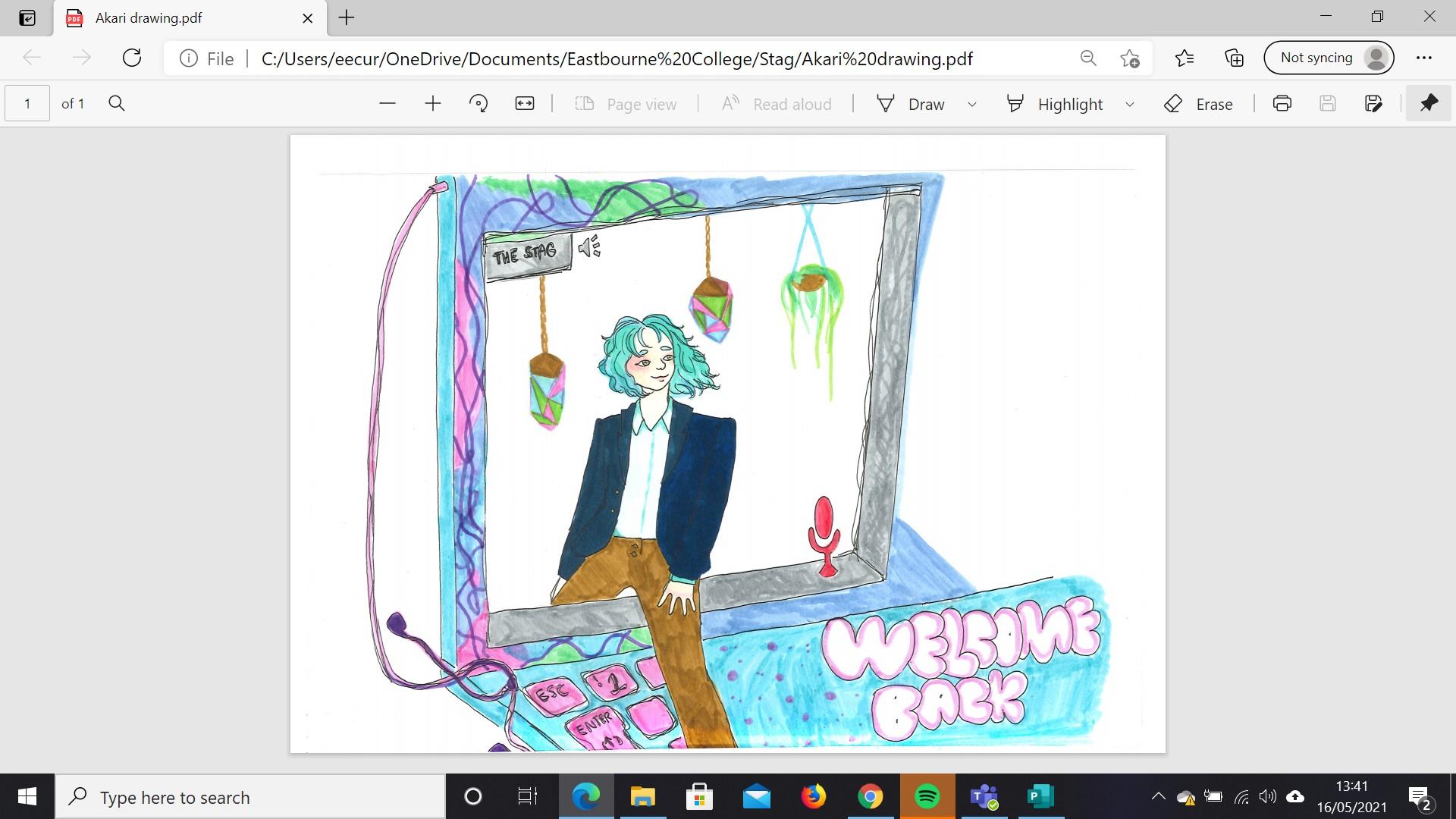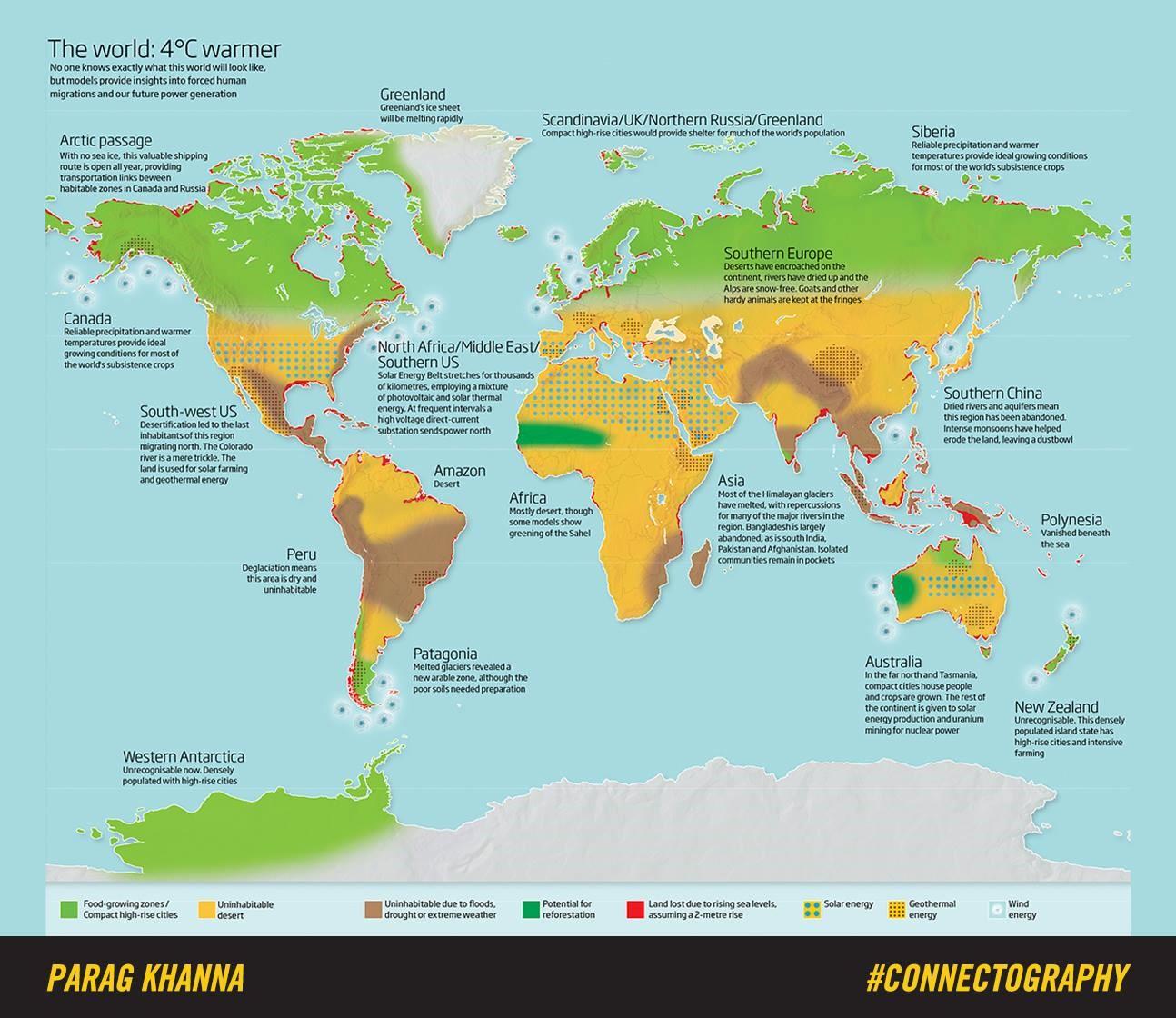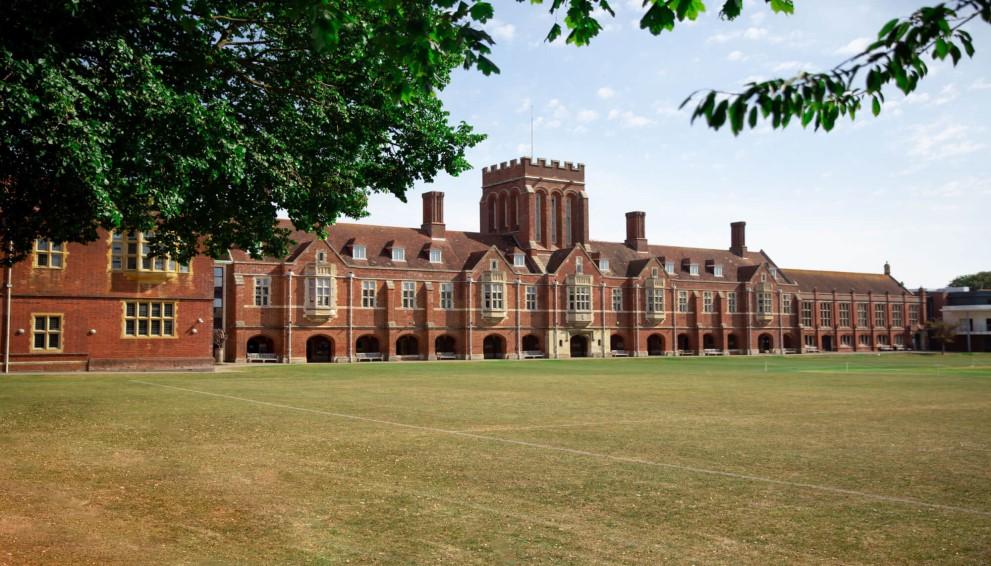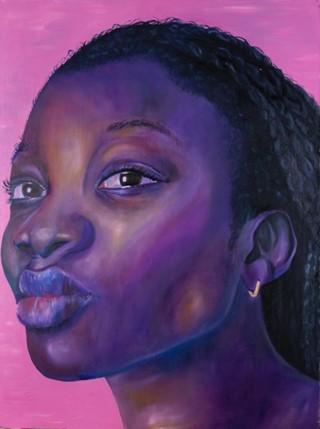
2 minute read
Essay
from The Stag Issue 5
by TheStag.
ESSAY Literature is elitist. Do you agree?
Literature, by definition is ambiguous, with one definition in the Oxford dictionary being ‘literature is written works such as novels, plays and poems that are regarded as having artistic merit’ compared to the alternative definition being ‘printed matter of any kind’ taking the derived from the Latin litterae meaning ‘writing’ essentially dissolving the previous meaning altogether. Over the course of the 18th century the term was ‘narrowed down to cover all imaginative literature: the novel, the epic, the lyric poem, the play’ and as a result of constriction of the definition, the opinions of the higher classes and the well-educated, led to the idea that literature was elitist.
Advertisement
An elitist is a person practising elitism - defined as the advocacy of or reliance on the leadership or dominance of a select group. Furthermore, early 18th century academics began forming an English literary cannon, gathering works which they deemed would match the ancient classics, for example Homer and Virgil which attributed to the snobbish sting that literature has come to bear. This is less so the case in the modern day setting, with the opening of opportunities to make literature more accessible to the wider population rather than that of just social elites, through the advancement of technology, the hierarchical culture surrounding the term is broken down.
Each and every individual who is literate has the keys to read literature. With the increased access to education, only 14 per cent of the world’s population remained illiterate in 2016 - compared to the 12 per cent who were able to read and write in 1820. Hence, in 1820 literature could be regarded as elitist due to the majority being unable to read. In the present day, there are many more people who are literate, so the possibility to experience literature is not elitist; especially with films and audiobooks appealing to an even wider audience.
Some may argue that commercial publication causes literature to be labelled as elitist. This is a timeless problem; the Brontë sisters, whose work is considered to have great significance, published under pseudonyms, as Charlotte Brontë explained ‘we had a vague impression that authoresses are liable to be looked on with prejudice’ and as J.K. Rowling explained that her publisher asked her to use her initials so the book would appeal to boys who may not want to read a book written by a woman. However, it must be taken into consideration that this is not at the fault of the literature itself but of the commercial outlook stamped upon a piece and as Eleanor Catton indicates ‘a book cannot be selective of its readership’.
But who is regarded to have the privilege to give pieces of writing so called ‘merit’? Prizes such as the Booker Prize enable writers to gain ‘guaranteed international recognition and a huge increase in sales’ and are judged by a panellist who are selected by 15 members of the Advisory Committee which alludes that certain people hold an opinion of greater value than others indicating elitism. However, literature can have great value to one or many as each reader seeks differing requirements ‘aesthetic or intellectual’, and fulfils the requirement of ‘artistic merit’.
To conclude, literature is not elitist as a piece cannot predict its acceptance within society.










